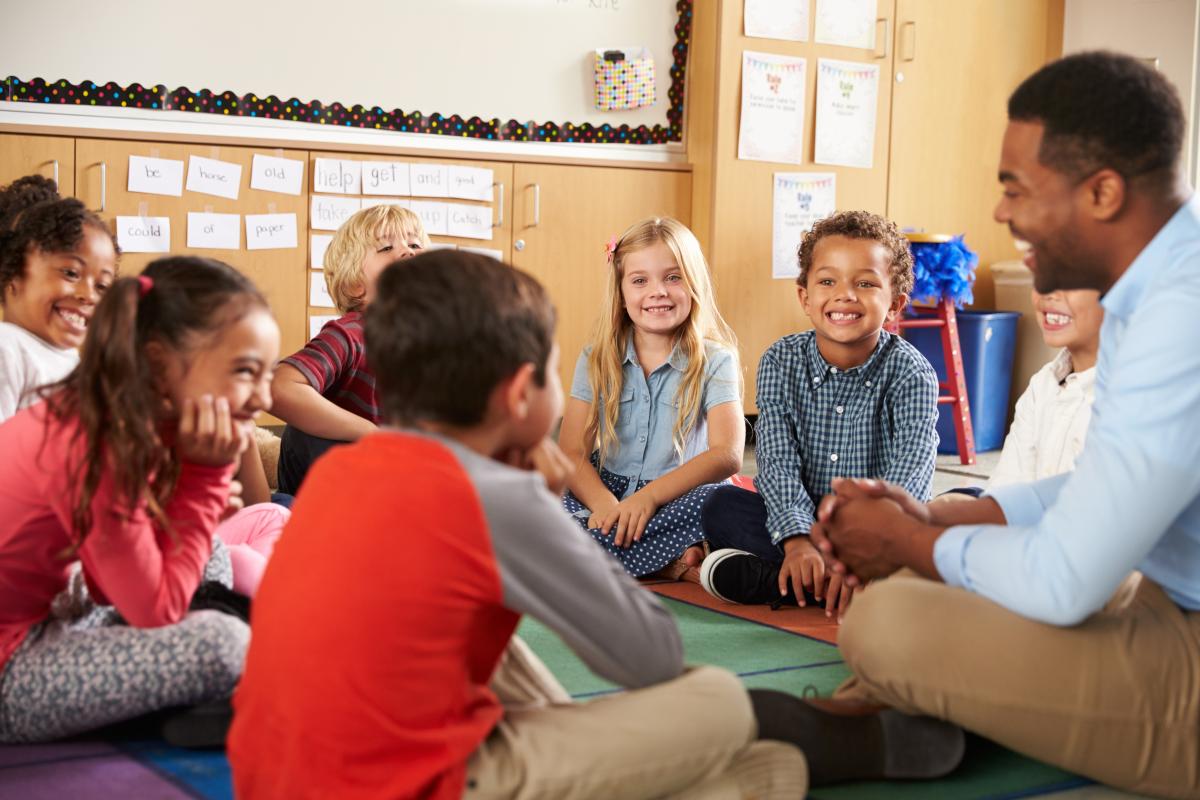This guideline covers ways to support social, emotional and mental wellbeing in children and young people in primary and secondary education (key stages 1 to 5), and people 25 years and under with special educational needs or disability in further education colleges. It aims to promote good social, emotional and psychological health to protect children and young people against behavioural and health problems.

Schools and other education settings are places where children and young people should be supported to develop personally and learn social, emotional and mental skills in their lessons and in activities outside the classroom. When students feel happy, safe and secure in their life, they are less likely to have problems with their health and behaviour.
This guideline aims to make a difference to children and young people by making sure:
- schools and other education settings value social, emotional and mental wellbeing in all they do
- students who may have problems with family or friends, or are finding it hard to cope with their feelings, are identified and offered help if needed
- any support suits each child or young person’s background and needs, such as their culture and how they communicate
- students are given help to cope with important changes happening in their lives, such as moving school or having an illness
- parents, carers and students are involved in discussions about how to improve wellbeing in the school.
The guidance is for ...
- Education professionals
- Health and social care practitioners
- Commissioners and providers
- Professionals who work in the wider public, private, voluntary and community sectors
- Young people and the families and carers of children and young people
- Members of the public
PUTTING GUIDANCE INTO PRACTICE
If you have a special interest or expertise in this area, and would like to write a short review for APCP about this guidance or present a webinar to explain and discuss the recommendations and how they apply within paediatric physiotherapy, please contact nice@apcp.org.uk
The full guideline and supporting documents can be found on the NICE website, together with information for the public.
APCP is grateful to Helen Crosdale and Helen Wright who collated and submitted comments on behalf of APCP members on the the draft guideline.
Number of subscribers: 1
